I’m back with a new blog after a four year hiatus. The hiatus was due to leaving K-12 education to try applying all the same principles of transformation that we embraced at SCIL to a workplace setting.
Here was the hypothesis: workplaces and classrooms are parallel universes, and the deep principles of transformation apply across both contexts.
The heart of culture is habitats and their inhabitants. The same questions of vision, intrinsic motivation, autonomy, emergence, collaboration, innovation, etc, are central anywhere.
In 2016 before my move, I worked with a corporate colleague to design a method for teams to tackle cultural change. We called it “Touchline”, and have worked together since to help corporate organisations redesign their habitat around a clear cultural vision for their people. In a stroke of wild chemistry, the organisation I joined literally designs and builds new spaces, so we’ve been able to work in that precious moment of a fresh blank slate.
Last year, we started running free workshops on the method. Further, I re-engaged with the conference circuit to share the method and emerging outcomes from 4 years of using it for ethnographic inquiry.
I presented at the Office Space Conference, GLEAM Forum, and more recently the Digital Employee Experience conference.
And have co-authored a book about it! First copies are arriving next Monday.
A lot can happen in a few years. I’m really looking forward to re-engaging with public discourse to connect educational discourse with the workplace discourse. Plain as day we have parallel conversations occurring with very limited cross-pollination. (Can you imagine my surprise to see ‘Growth Mindset’ is just coming in vogue many years after it hit the K=12 space?).
I’m back!
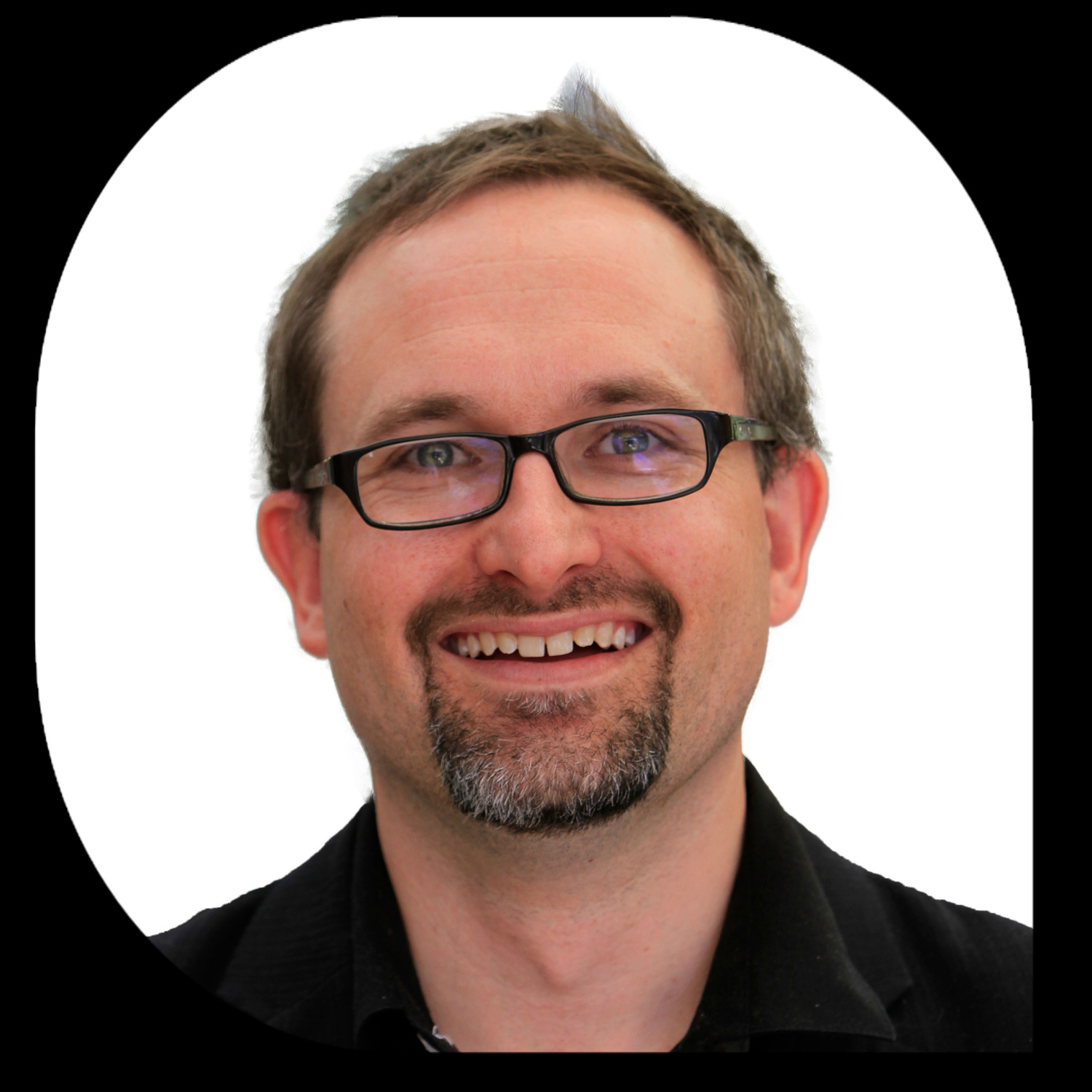








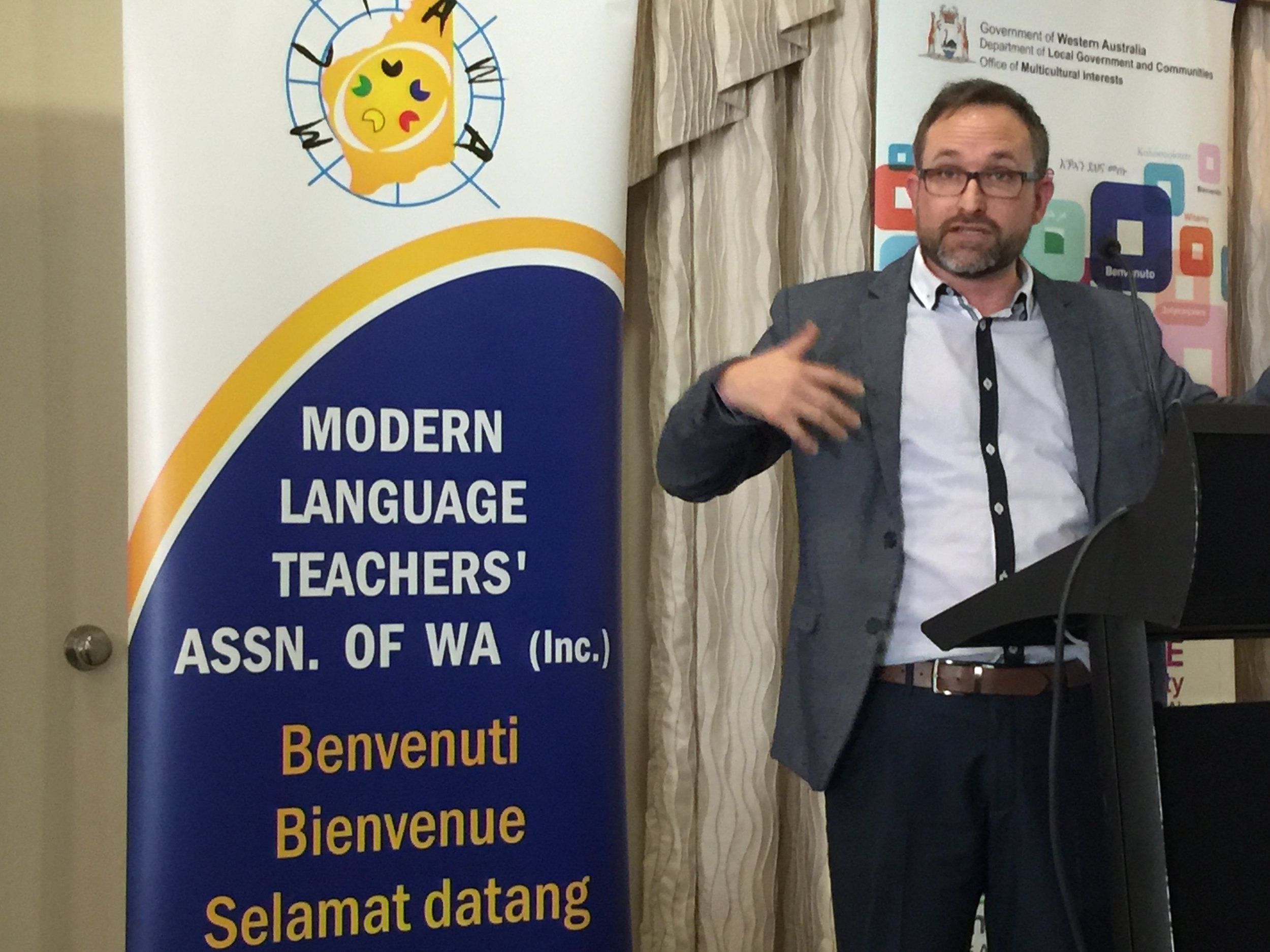

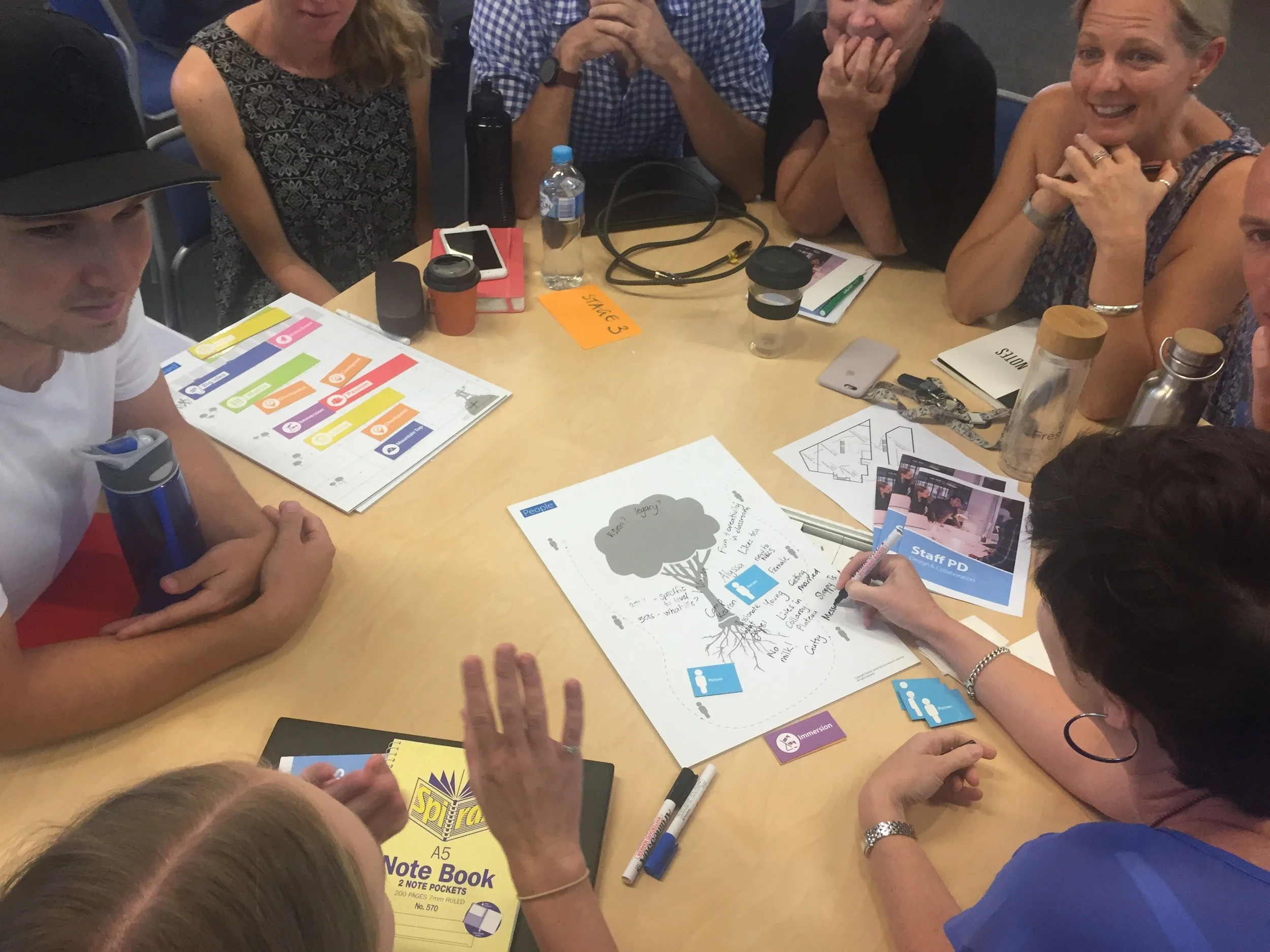








![Evernote Snapshot 20150911 103050 [2].jpg](https://images.squarespace-cdn.com/content/v1/5014d0f8e4b00a22f5c865f9/1451540965134-P6TXA0JP91F5EVQPCYYK/Evernote+Snapshot+20150911+103050+%5B2%5D.jpg)
![Evernote Snapshot 20150911 103050 [3].jpg](https://images.squarespace-cdn.com/content/v1/5014d0f8e4b00a22f5c865f9/1451540965888-HPT1X0VYR2YZNTGC3325/Evernote+Snapshot+20150911+103050+%5B3%5D.jpg)
![Evernote Snapshot 20150911 103050 [4].jpg](https://images.squarespace-cdn.com/content/v1/5014d0f8e4b00a22f5c865f9/1451540970037-4IRVIY0YZVD7L7IU28B2/Evernote+Snapshot+20150911+103050+%5B4%5D.jpg)
![Evernote Snapshot 20150911 103050 [5].jpg](https://images.squarespace-cdn.com/content/v1/5014d0f8e4b00a22f5c865f9/1451540970464-YA2GI6RB4Z7YIU7D92IX/Evernote+Snapshot+20150911+103050+%5B5%5D.jpg)
![Evernote Snapshot 20150911 103050 [6].jpg](https://images.squarespace-cdn.com/content/v1/5014d0f8e4b00a22f5c865f9/1451540973721-50SFZ02OQXZ6MRXDGQ2J/Evernote+Snapshot+20150911+103050+%5B6%5D.jpg)
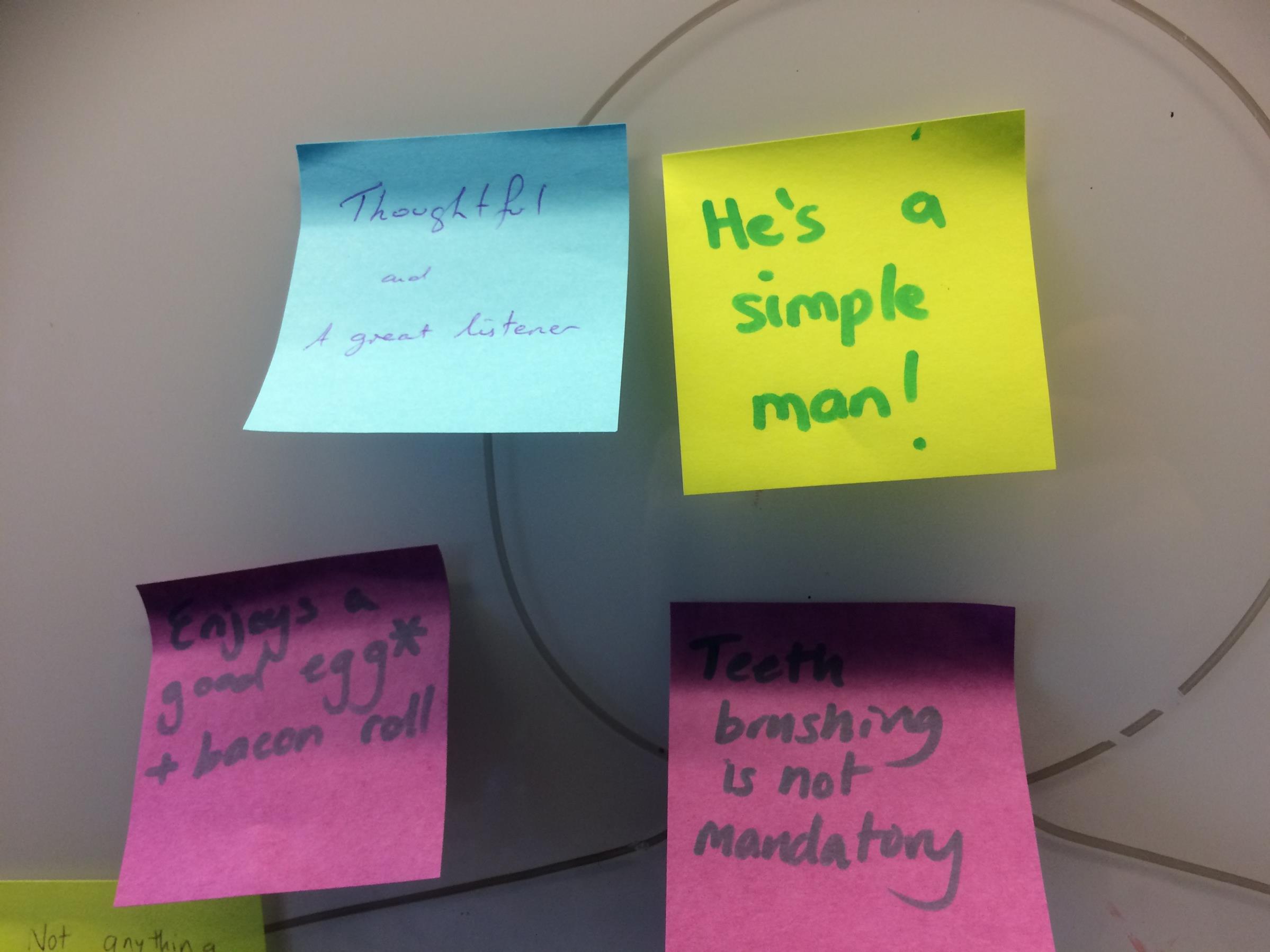



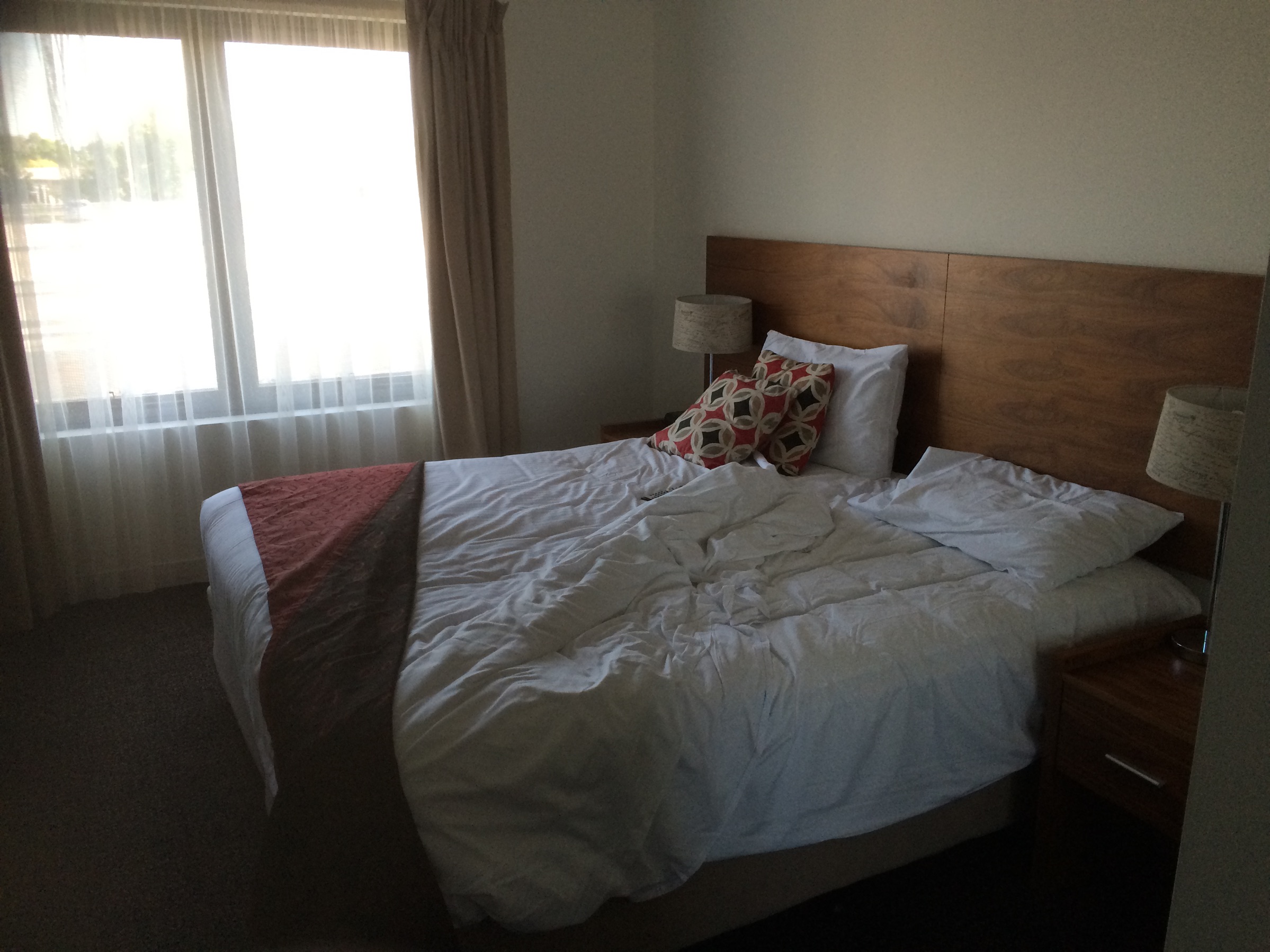
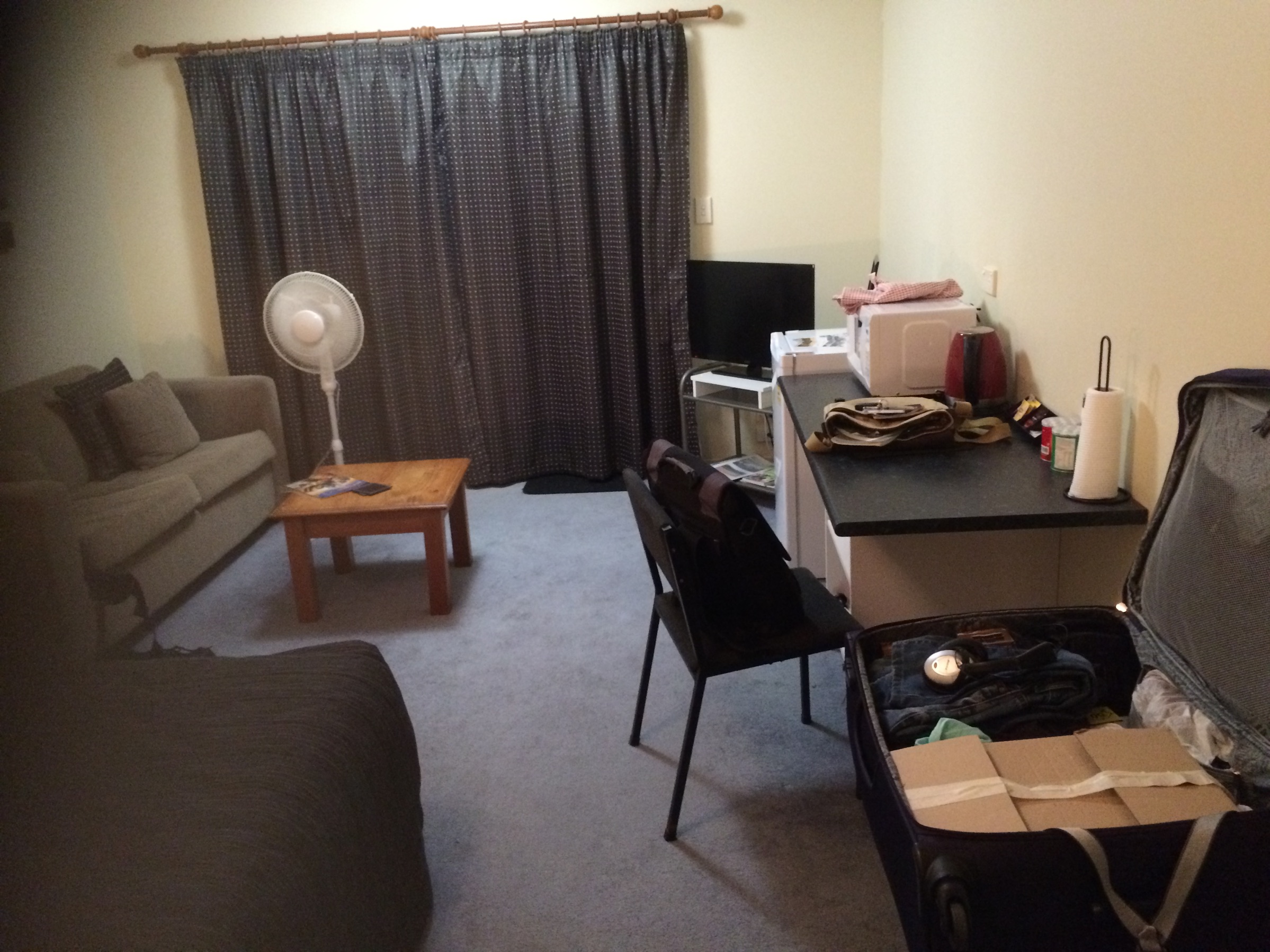
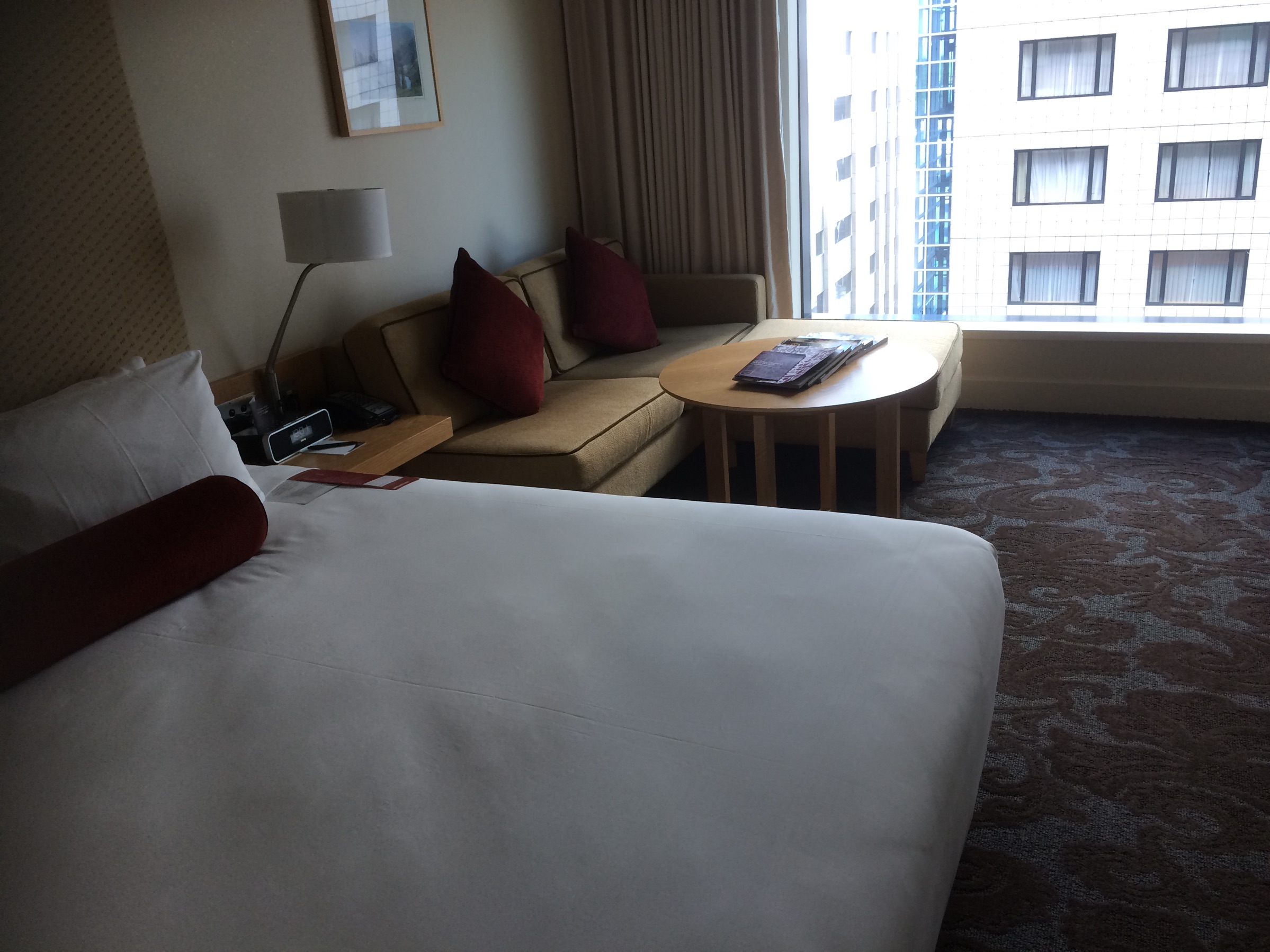
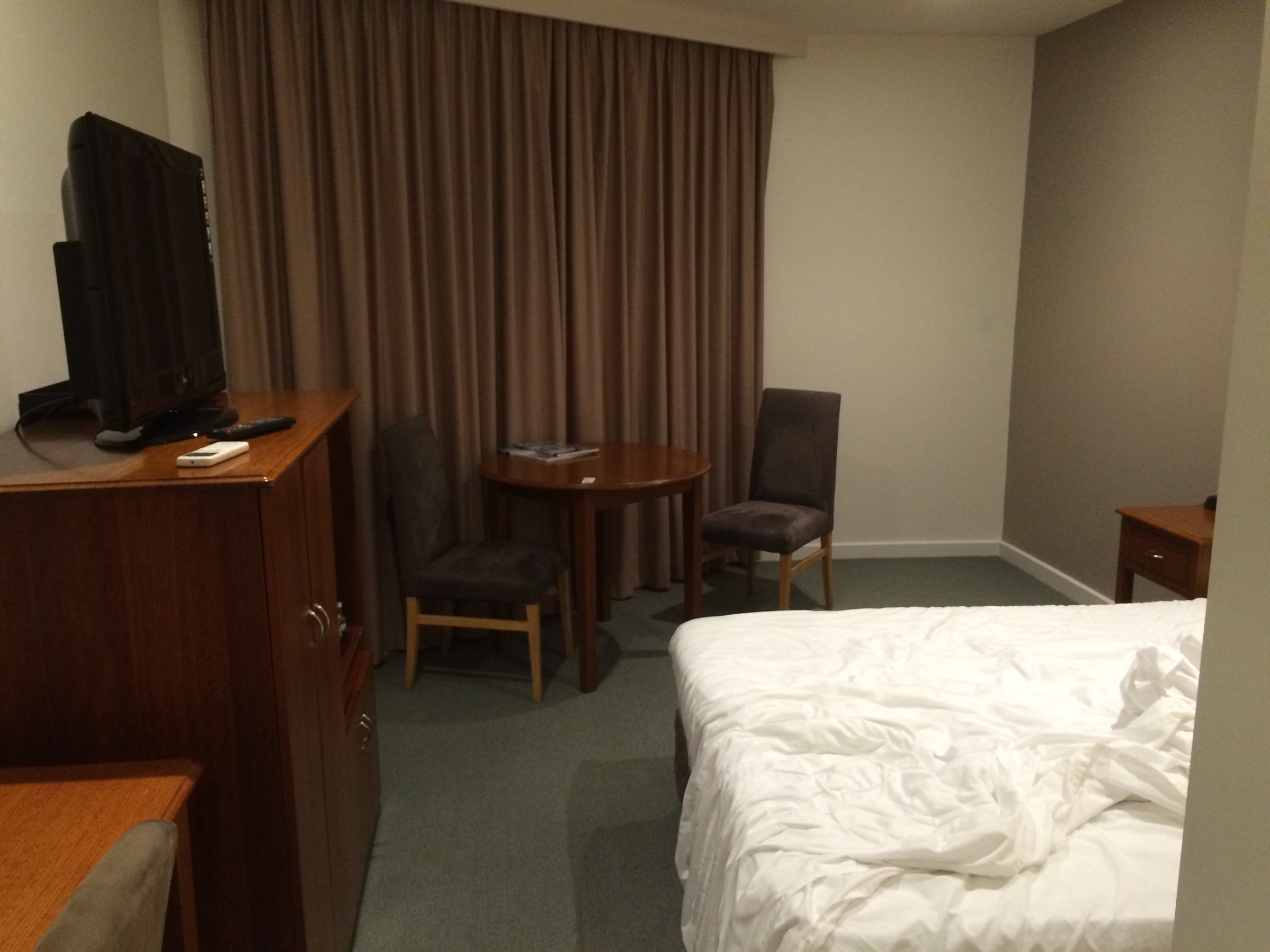
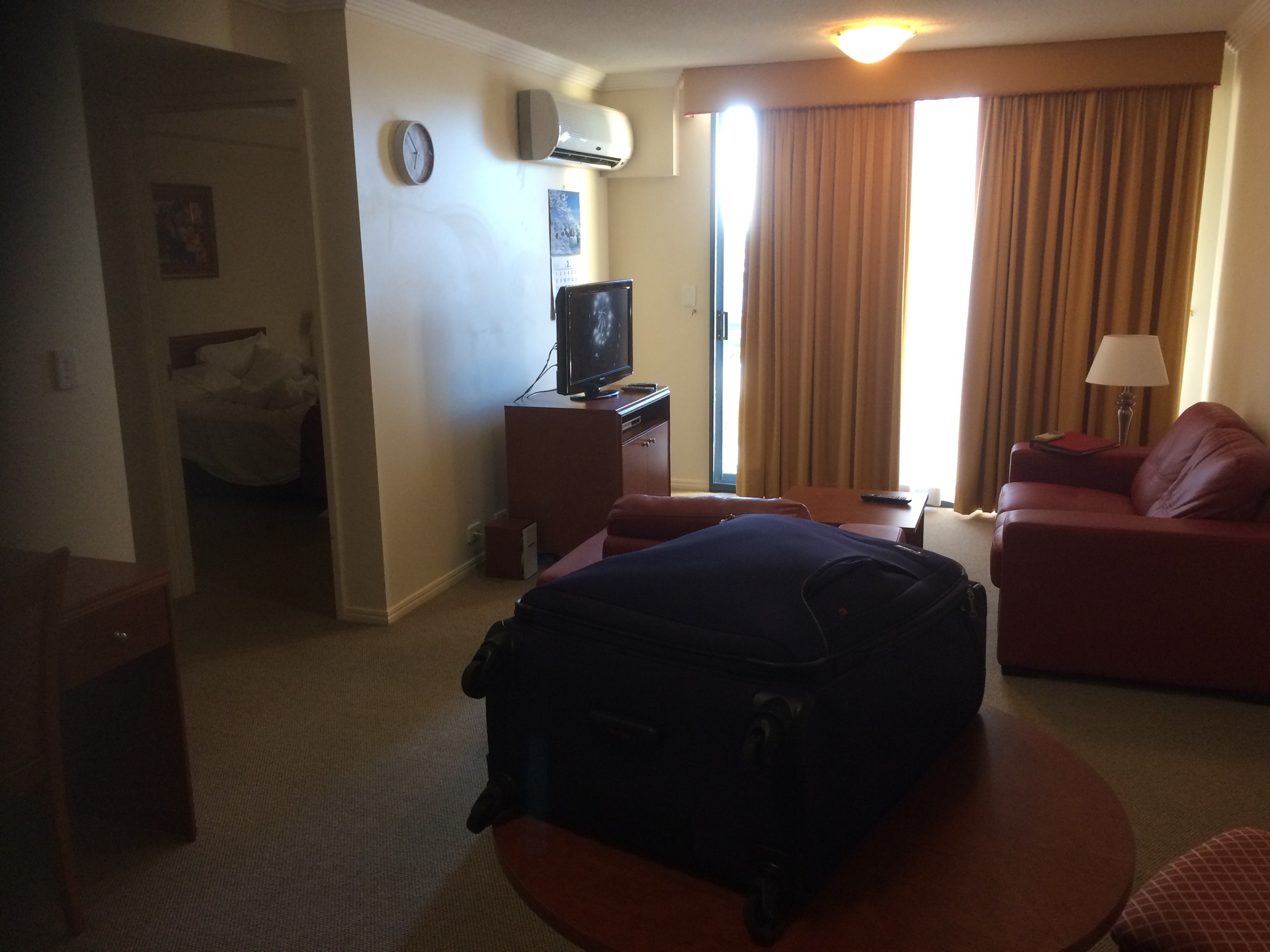
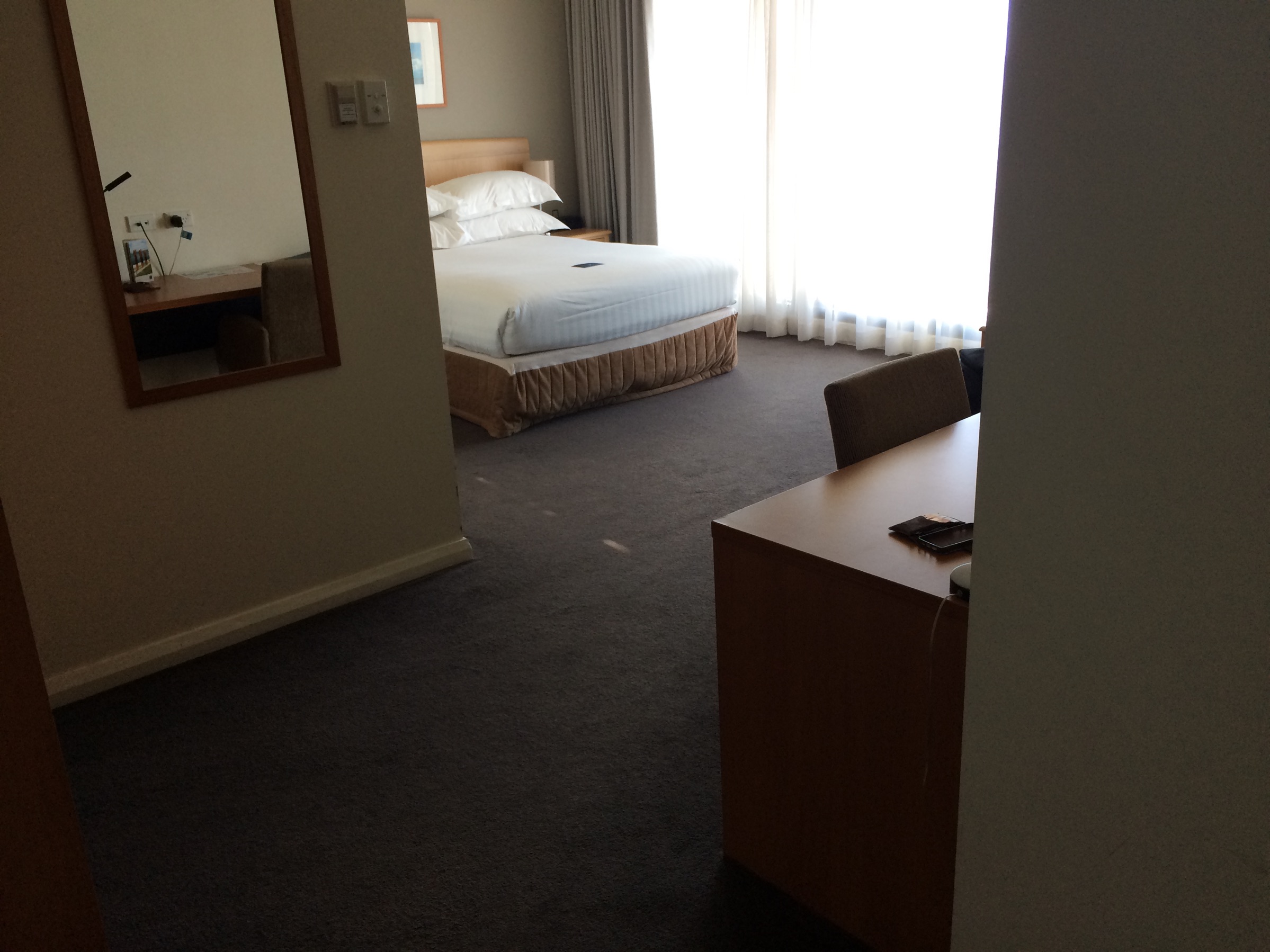
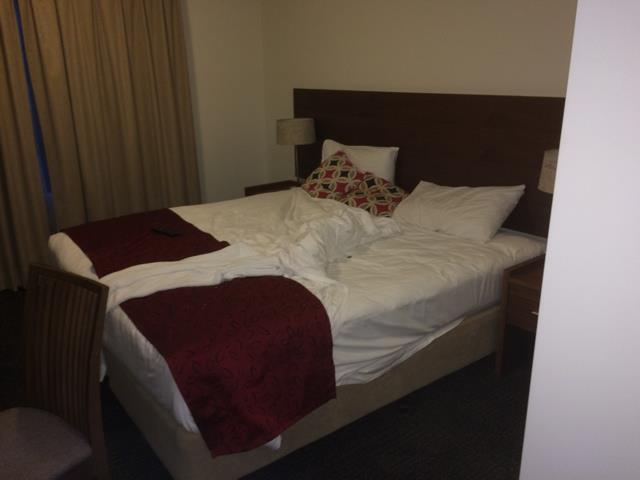
![Evernote Snapshot 20150601 220618 [1].jpg](https://images.squarespace-cdn.com/content/v1/5014d0f8e4b00a22f5c865f9/1451543542024-UXCG2CXCJ0IA7PKFL9WO/Evernote+Snapshot+20150601+220618+%5B1%5D.jpg)
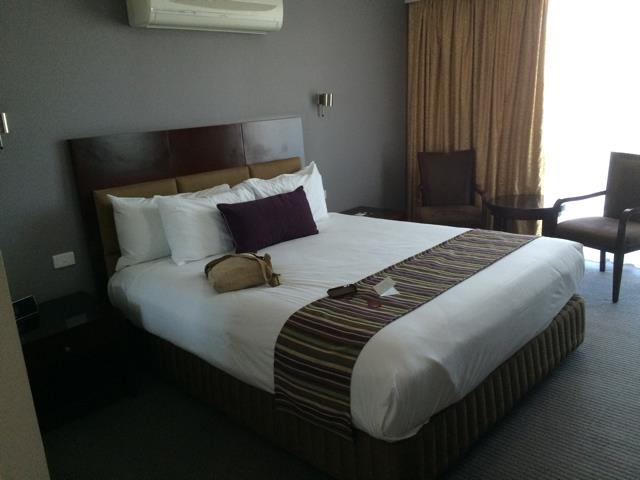
![Evernote Snapshot 20150623 090835 [4].jpg](https://images.squarespace-cdn.com/content/v1/5014d0f8e4b00a22f5c865f9/1451543554207-UBSCE0DZW5RR0UAY1I3L/Evernote+Snapshot+20150623+090835+%5B4%5D.jpg)
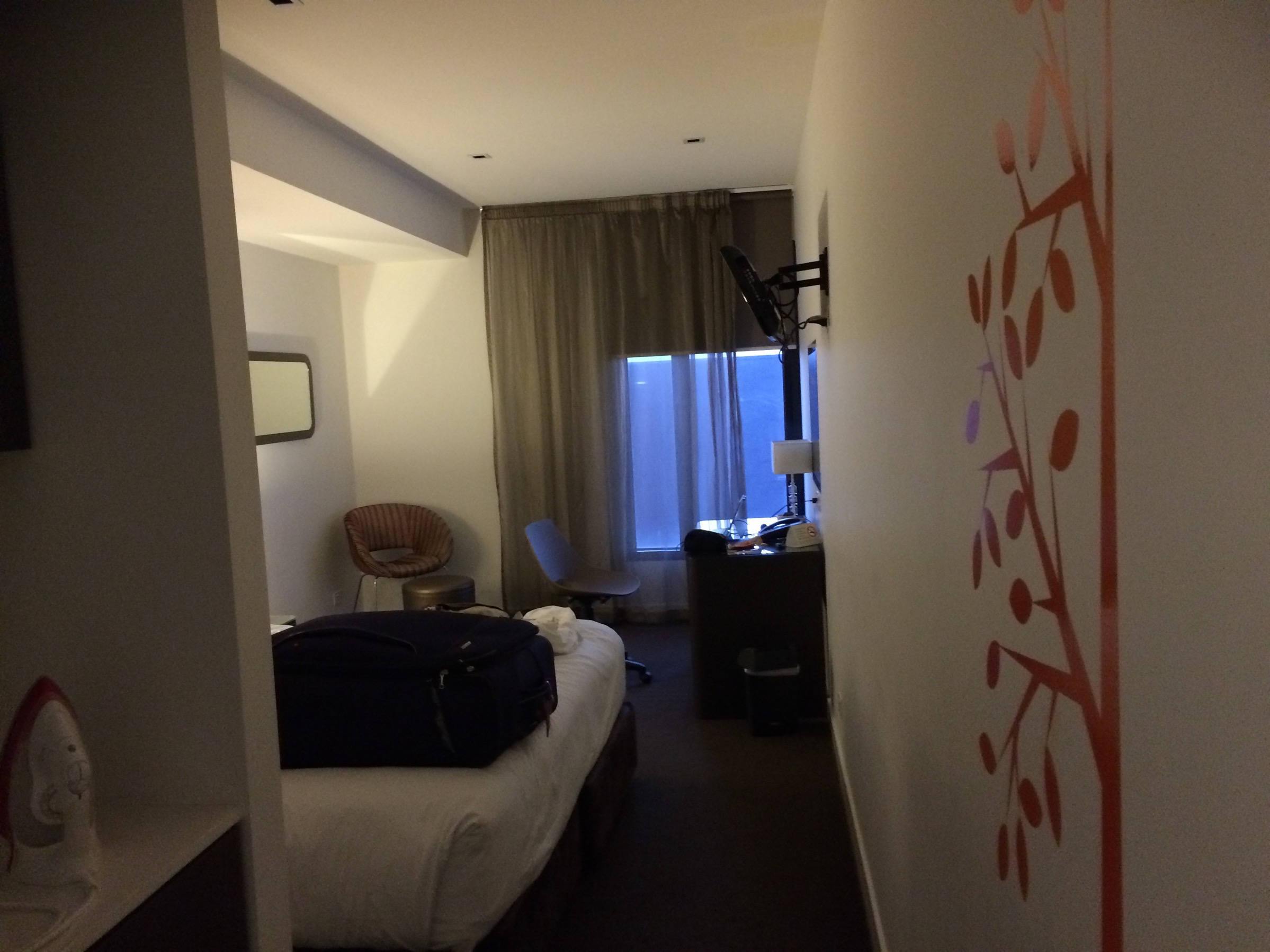
![Evernote Snapshot 20151005 205301 [2].jpg](https://images.squarespace-cdn.com/content/v1/5014d0f8e4b00a22f5c865f9/1451543590292-29MM03574CA2PA7OBILG/Evernote+Snapshot+20151005+205301+%5B2%5D.jpg)